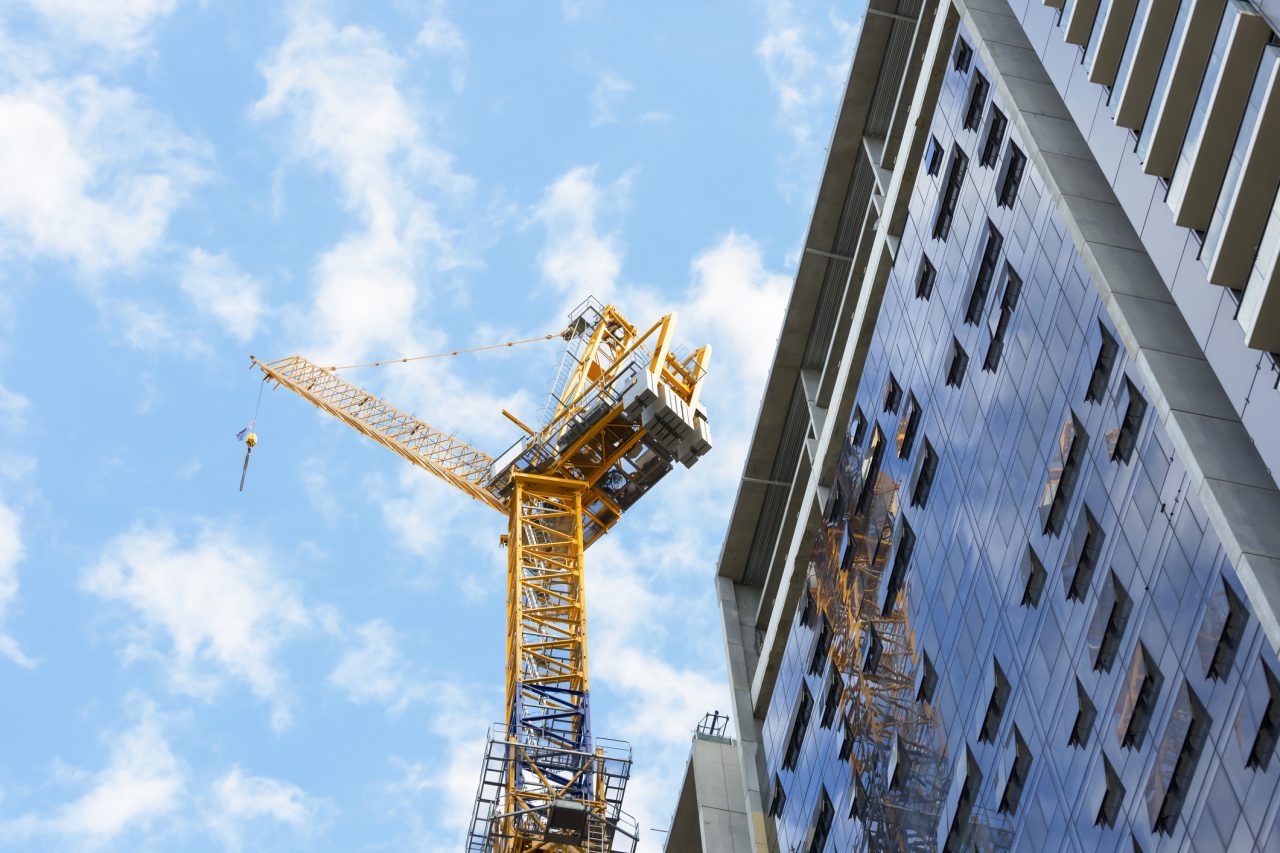However, ongoing issues with supply chains and labour shortages coupled with new developments like the collapse of major construction firms and the war in Ukraine have put these projects in doubt. But if there was one lesson we learned through COVID, it was the power of the pivot.
News Tackling Issues
The CEO of the Australian Constructors Association, Jon Davies, recently spoke to ABC News Radio about the state of the industry. Construction costs are rising at the fastest rate in 40 years, including double digit escalation in the price of staples like steel, timber and copper, as well as surging labour costs. “As soon as the oil price goes up the price at the servo goes up within the hour. As an industry we are expected to lock in prices for 12-18 months [or] even two to three years’ time. No one could have predicted those things driving up prices like COVID and the war in Ukraine,” said Davies. In the current market, it’s impossible for construction projects of any size to continue as planned.
So the NSW Government has decided to make a change. While they had committed a record $108.5 billion to infrastructure development, they have decided to press pause on high profile megaprojects like the Northern Beaches Link, Blue Mountains Tunnel, Sydney Metro and Parramatta Light Rail. The most recent strategy released by Infrastructure NSW argues “construction industry capacity, supply chains and skills have all been stretched by COVID-19 and other world events. It would be especially challenging to deliver additional megaprojects in a cost-efficient manner in coming years.” Instead, the focus will shift towards smaller projects that offer faster returns for smaller budgets.
The Infrastructure Space
Minister for Infrastructure Rob Stokes said “record infrastructure delivery will continue, but we must now consider the global challenges affecting us and the independent advice from Infrastructure NSW. The report provides clear recommendations for us to diversify our infrastructure pipeline, consider more smaller projects while continuing to deliver city and state-shaping projects.”
This shift in focus could be a boon for regional areas. While it’s often major metro projects that receive popular coverage, regional infrastructure works play an even bigger role in growing communities. Bringing well-paid new jobs to small towns boosts local economies and has the knock-on effect of increasing spending at many small businesses. The Australian government also has a dedicated focus on regional infrastructure development, allocating $2 billion to a Regional Accelerator Program to further develop regional manufacturing, education, supply chains, export opportunities and defence industry.
At Infrastructure People, we know it doesn’t matter how big or small the project is – it’s essential to have the right people onboard. If you’ve had to cut your budgets, rethink your scope or shift your priorities, we can help you make it work. Projects of any size still contribute to an industry that is boosting the economy, transforming communities and improving the quality of life of the people in them.
For more Industry Insights: https://www.infrastructurepeople.net.au/industry-insights/


